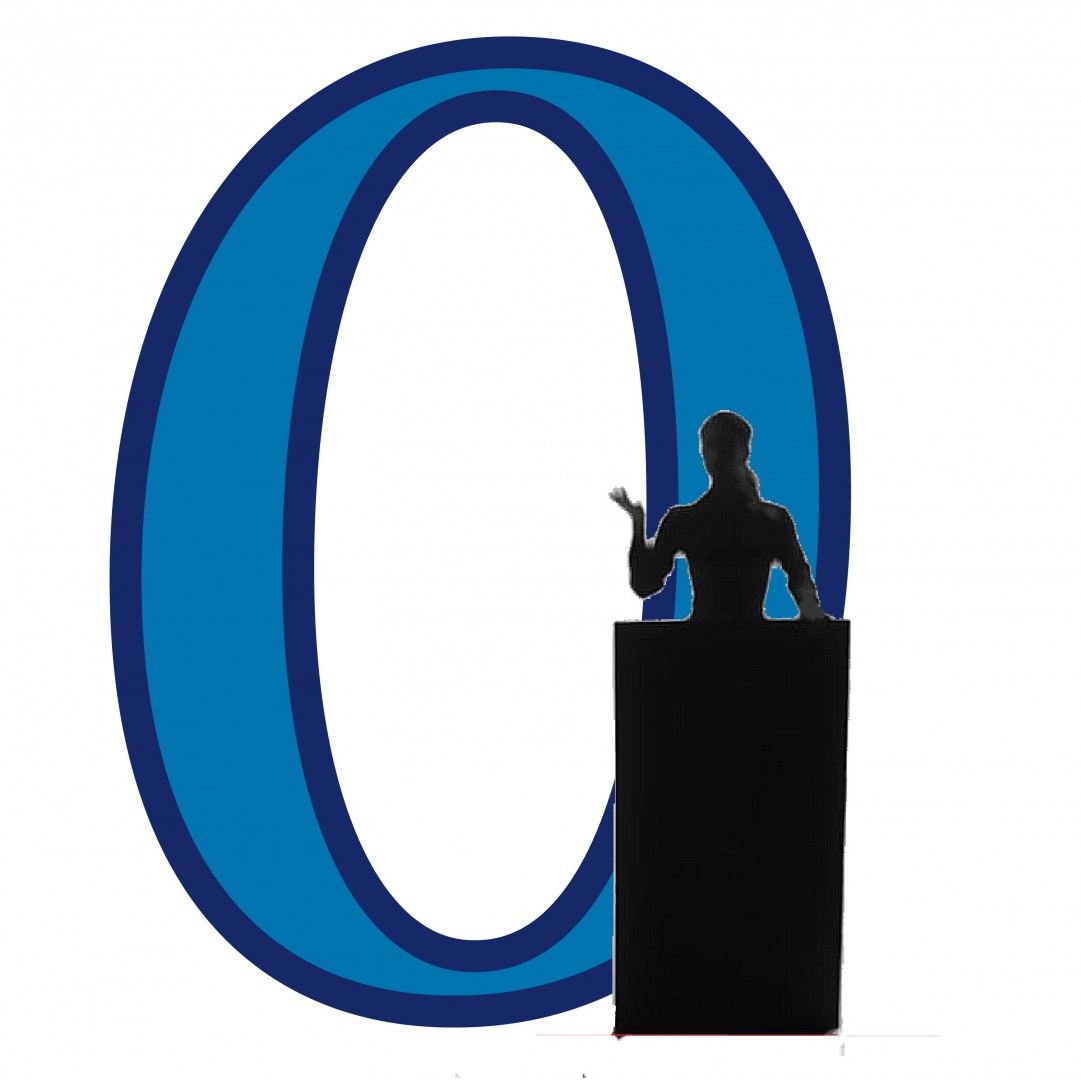Earlier this month, a Denver city councilman representing the Washington Park area sent a letter to Denver Parks and Recreation asking the department to strongly consider an alcohol ban for the park, given episodes of recent and recurring bad behavior in and around the park. While the argument does have some valid points and concerns, banning booze in a public park is not the answer for a common space that all should be able to enjoy and drink responsibly in if they so choose.
Wash Park is arguably the city of Denver’s most popular park, receiving more visitors than any other. A trip there on any sunny weekend (or even weekday) afternoon ensures that you will be surrounded by members of the community out for a run, volleyball game or some downtime under the sun. Park users should be able to enjoy a cold one if they wish on their afternoon and evening off.
Most forms of alcohol are already prohibited in the park, with only 3.2 percent beer allowed for public consumption under city law. In 2012, 93 people in Wash Park were given violations for breaking this law by park rangers. Given that alcohol is already regulated to a stringent standard, there is no need to ban the one form of diluted alcohol that is still allowed.
Why is this on the table in the first place? Park neighbors are pushing for a crackdown on alcohol because of what they describe as rowdy public behavior by drunken parkgoers at night. They also report that littering and urinating on their lawns happen too often.
However, while 60 arrests of rowdy parkgoers were made in 2012, the number was dramatically decreased to 28 in 2013, calling into question the magnitude of this problem. Instead of banning alcohol altogether, park rangers and other personnel should be present on nights when there are known to be problems to make sure park users are not getting out of control. Additionally, facilities like restrooms and trash cans should be provided by the city to minimize other issues noted by the neighbors.
Working together, an agreeable solution can be reached that does not involve a complete alcohol ban in Wash Park. While input from neighbors is important and should not be ignored, living in the neighborhood does not automatically give them a right to say what is and is not allowed in a city taxpayer funded park.
If park users want to consume alcohol responsibly, they should be able to if they wish. A ban pushed through by park neighbors would be an infringement of the rights of park users. The solution to the issues raised is better enforcement and facilities, not an unnecessary ban that will punish responsible users on their day off.










